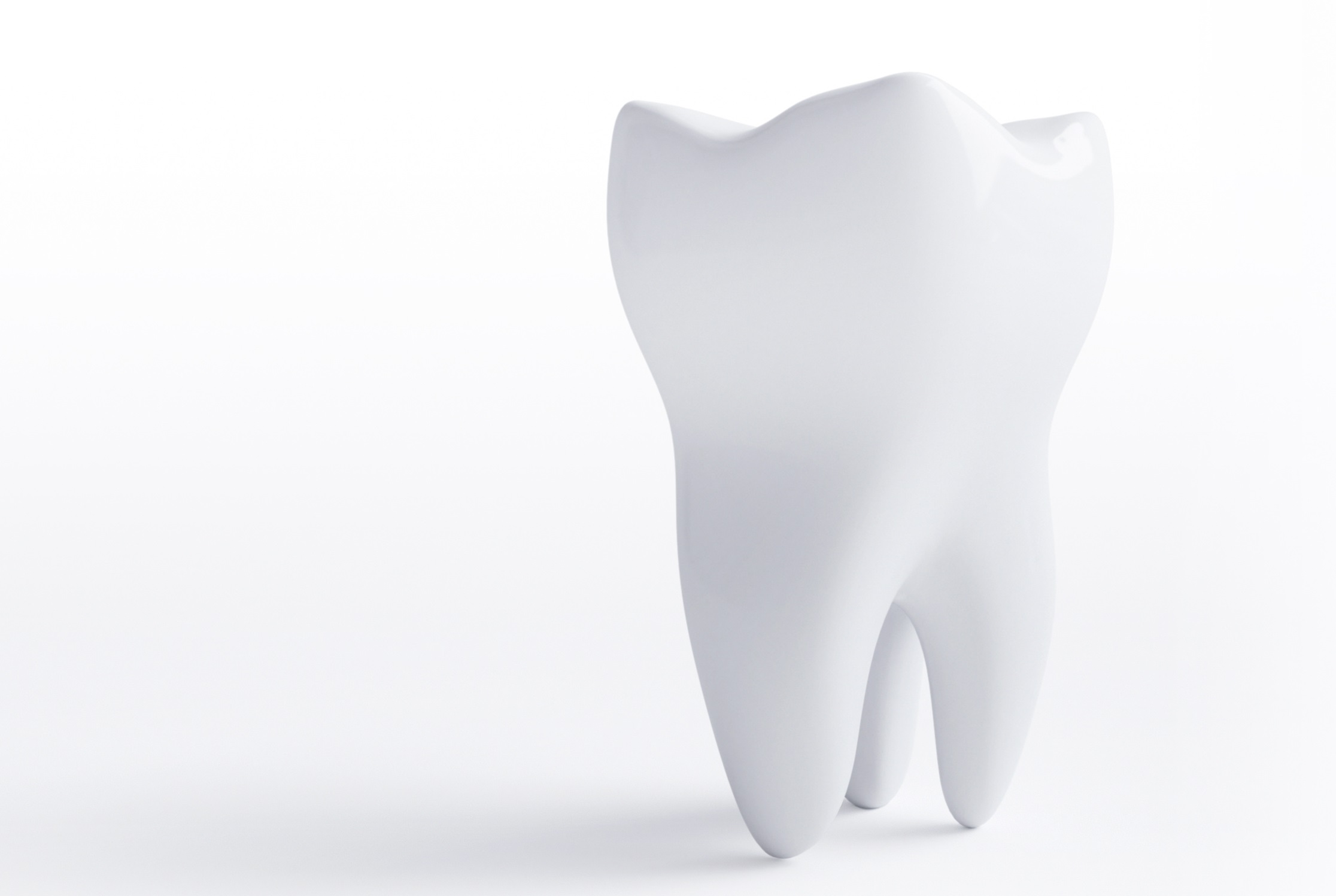
When a tooth becomes fractured, the discomfort that the damage causes can seem like the most significant consequence of it. Over time, however, the fracture in your tooth can lead to a wide range of potential problems with its health and integrity, as well as increasingly more aspects of your oral health and bite function. Today, we take a closer look at the significance of a fractured tooth, and the different things to consider when restoring it.
The cause behind your tooth’s fracture
A tooth can fracture or crack in many different ways, and not all instances of it are immediately severe. For instance, some minor cracks may only affect the surface of your tooth, while others may extend deep into the tooth’s main structure. The extent of the damage will largely be determined by the cause of your tooth’s fracture, which can range of excessive pressure due to teeth-grinding, to accidental trauma, and much more. If it’s a continuous problem, such as teeth-grinding, then you may have to successfully address it to avoid further damage to your teeth.
The nature of the tooth’s damage
Identifying the specific cause of your tooth’s fracture and addressing it, if necessary, may be a key component to restoring your smile. Another is the nature and extent of the fracture, including where in your tooth it occurs and how much of your tooth’s structure it impacts. For instance, if the crack is minor and only affects the outer surface of your tooth, then it might be addressed with a minimally invasive cosmetic dental treatment. However, if your tooth’s main structure is fractured, then it may require a custom dental crown to cap, protect, and restore the entirety of your tooth’s structure.
The threat to the tooth’s interior
The main part of your tooth’s crown is called dentin, and it protects the inner chamber of the tooth, or pulp, as well as the vital tissues within it. If a tooth fracture threatens the dentin enough to expose the pulp, then your tooth may be in more serious trouble than it seems. Exposure to harmful oral bacteria can cause the nerves and tissues in your tooth’s pulp to become immediately infected. This can lead to severe discomfort as well as significant complications with your tooth and oral health. Before restoring the tooth with a dental crown, it may require root canal treatment to remove any potentially infected tissues from within it.
Learn how to fix your fractured tooth
If your tooth fractures, the damage could be more significant to your long-term oral health than you realize. To learn more, schedule a consultation with us by calling the office of Dr. Stuart Dexter in Prairie Village, KS, today at 913-362-8200.

